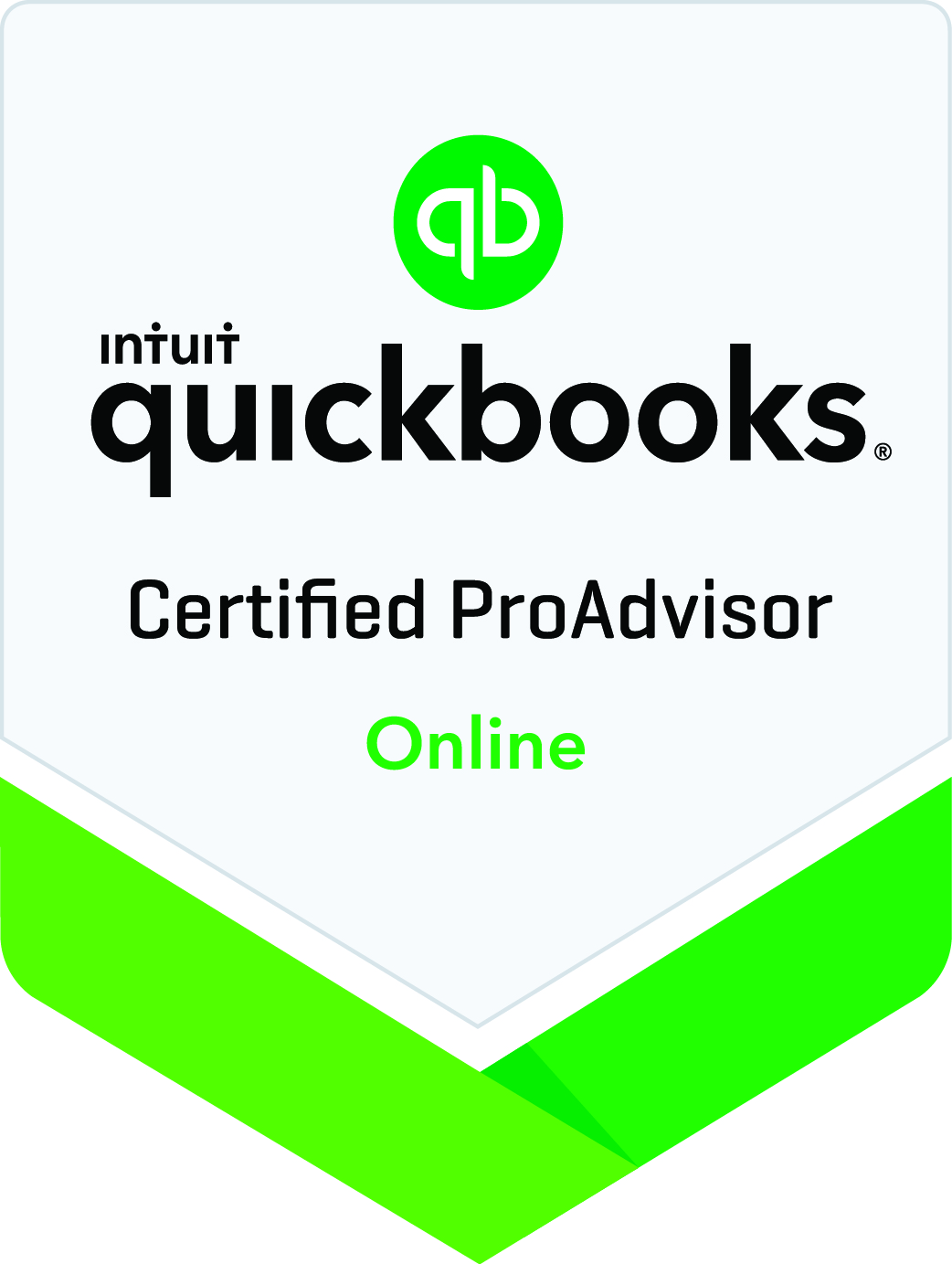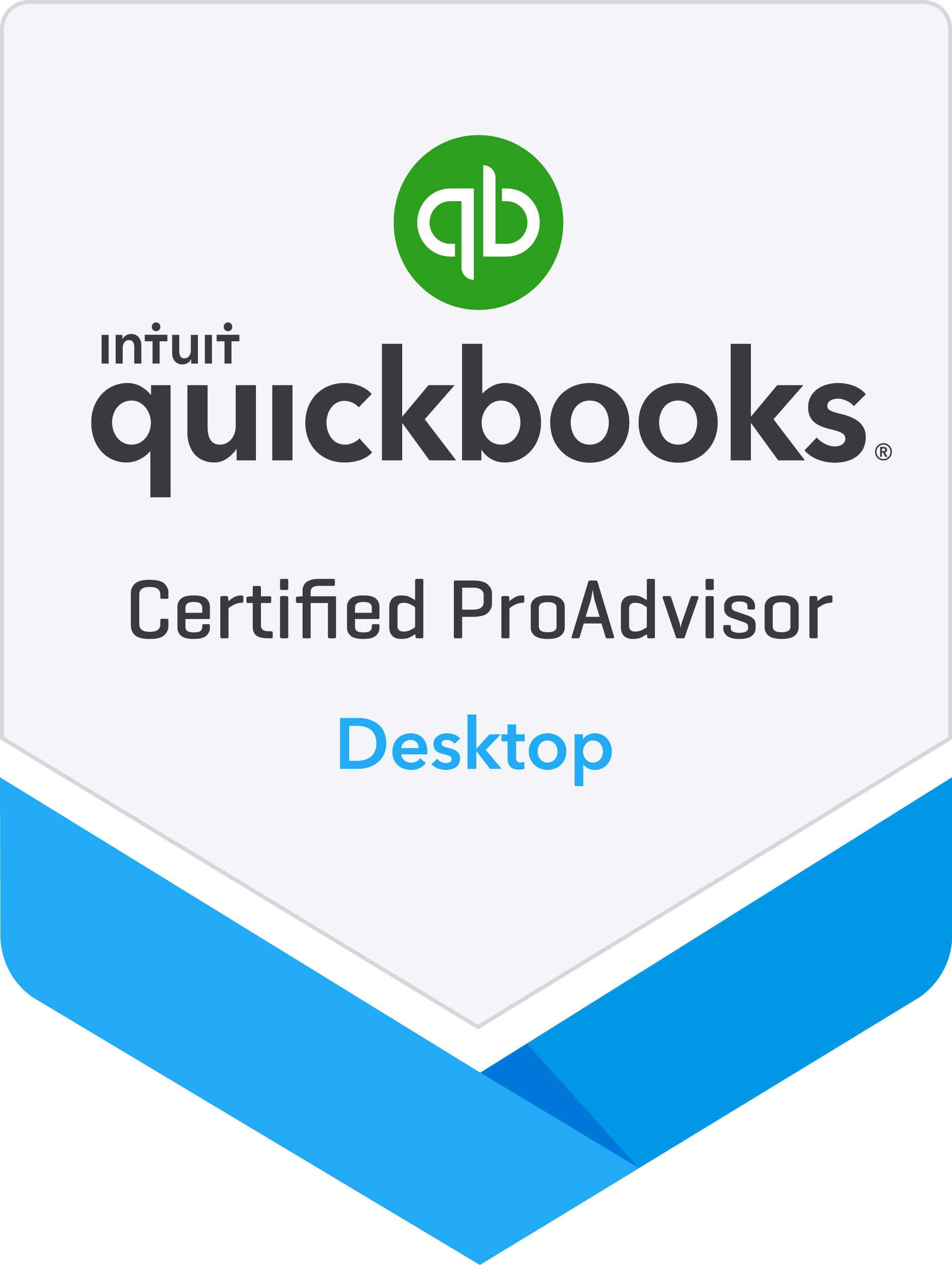Preparing Financially for a Baby
There are few things more exciting than preparing for the arrival of a new baby, whether you are a parent, a grandparent, an aunt, uncle or a friend of a new bundle of joy. Being a new mom, I am familiar with all of the preparation and anticipation that comes with the arrival of a new baby. It is a fun, exciting, scary, emotional and anxious time. There are many things to consider and how your finances are going to change is one of them. Below are four steps to consider to ensure that you and your family are financially ready for your new baby.
Make a Will
While many of us put off will preparation, this is one of the most important considerations in my opinion. All parents should consider what would happen to their child (children) if you were not there. Drafting a will can ensure that your children will be properly cared for if something should happen to you as you will be able to appoint a guardian of your child at this point.
Buy Insurance
Life insurance, critical illness insurance, and disability insurance can all provide you with the financial protection that you and your new family will need if something were too happen to you or your partner. Raising a child is expensive and will be even more so if a parent were to die or become sick unexpectedly. It can be hard to make a financial commitment to a hypothetical event, but having this peace of mind in place now will be a blessing if something were to happen in the future.
Draft a Budget
Babies cost money! It is a good idea to evaluate your finances well in advance of the baby's arrival. You will need to plan for a possible reduced income while on maternity/paternity leave and you will find yourself with a whole extra set of financial obligations. Diapers, formula, clothing, and child care are all expenses for which new parents need to prepare themselves. Evaluate your current monthly expenditures to see where you can cut back without sacrificing your current savings and retirement plans.
Start an Education Fund
Are you familiar with the Registered Education Savings Plan (RESP) offered by the government? This was created as an incentive to save for your children's' education. If you take advantage of the RESP, the government will provide a grant up to 20% of your contributions (to a certain maximum). Regardless of whether you can contribute $250 per year or $2,500 per year, it makes sense to tap into free money. The money that you contribute into this plan will grow tax free and the earlier you start, the more time you will have for it to grow. Post-secondary education is expensive if you are not awarded a scholarship.
The Bottom Line
There is a lot to think about before a new baby arrives: physically, mentally, emotionally and financially. Establishing a financial plan in advance will give you more time to spend enjoying your new addition and will reduce the stress of the new financial commitments you will have.
Written by:
Haley Thomas, BA(Hons),
CIM, FPSC Level 1 Wealth Adviser



